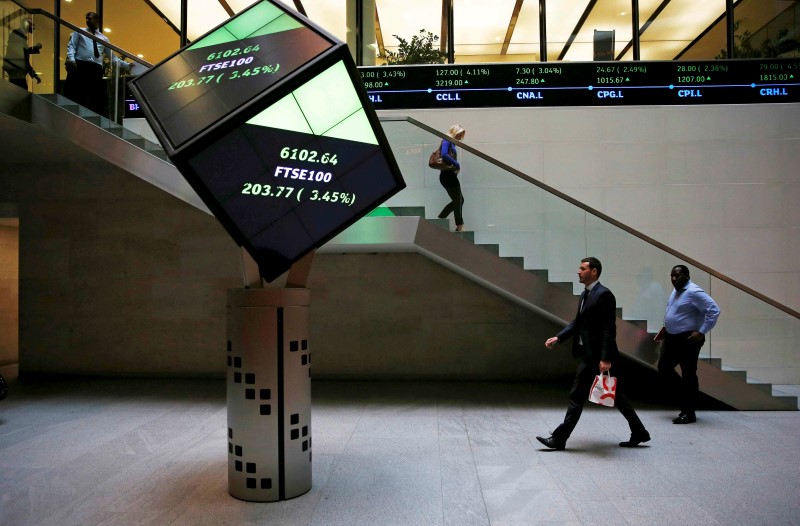By Andrei Khalip
LISBON/PARIS (Reuters) - Portugal has asked Europe's antitrust chief to take action to prevent a merged Deutsche Boerse (DE:DB1Gn) and London Stock Exchange (L:LSE) becoming so dominant that it would make access to finance more difficult.
Portugal's objections raise pressure on the agreed $30 billion (£22.6 billion) deal that has already been rocked by Britain's vote last month to leave the European Union.
"The merger would negatively impact the functioning of the capital market. Such a concentration of trading and trade-related services poses a clear threat to competition," Portugal's Finance Minister Mario Centeno wrote in a letter to Competition Commissioner Margrethe Vestager, a copy of which was seen by Reuters.
"It also endangers the viability of several European stock exchanges," it said.
Portugal's finance ministry said the letter was sent in late June and confirmed its contents.
"France and Belgium have already expressed similar opinions. There have been contacts at various levels on the subject," the finance ministry spokeswoman said.
The letter also said Portugal was particularly worried about its own market access via Euronext (PA:ENX), of which the Lisbon Stock Exchange is part. Lisbon is seeking a bigger role for its struggling stock market to try to attract investment into the economy, still recovering from Portugal's 2010-13 debt crisis.
Euronext, which runs a number of stock exchanges, including Paris, Amsterdam, Brussels and Lisbon, will become a much smaller player if the LSE-Deutsche Boerse deal goes ahead. Its shares have lost about a third of their value since the start of the year.
"The European Commission is in the position to prevent this market distortion," Centeno wrote, calling on the commissioner to work together with all the relevant stakeholders to avoid such a situation.

According to a report in French newspaper Les Echos on Wednesday, Belgian Finance Minister Johan Van Overtveldt also wrote to Vestager saying that the merger would have a negative impact on access to capital for smaller local companies and remove liquidity in smaller markets such as Euronext Brussels.
(Additional reporting By John O'Donnell and Maya Nikolaeva, editing by Axel Bugge and Jane Merriman)